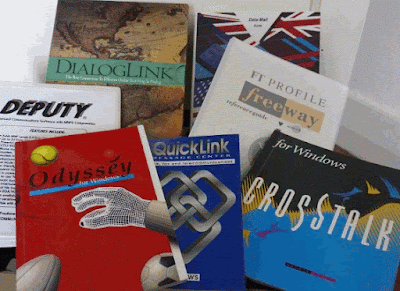My talk at the recent INFORUM 2012 conference held in Prague was about the issue of personalisation and the impact of our social network activities on search results. I believe that personalisation, and in particular contributions from our social and professional networks and even Google+, can present us with an alternative view of a topic or person that can be an important part of our analysis of a situation. I always have two different browsers open. One is not logged in to any account of any sort, has all cookies cleared at the end of each research session, and has search history disabled. The other is permanently logged in to a Google+ enabled account, social and professional accounts, and has web history enabled. This enables me to quickly switch between two very different environments to give me very different results when I am conducting research on Google or even Bing. Demonstrating this at a workshop or conference can be difficult, though, because postings and comments from the social elements of the search results may have been restricted to friends or limited circles.
For the INFORUM 2012 conference I decided to generate word clouds for personalised and non-personalised results for a Google.co.uk search on the single word Prague. The titles and up to the first 250 words of the top 20 results for the searches were scraped into a document from which the clouds were generated. In the graphic below, which has been taken from my presentation, the first word cloud represents a search that is as non-personalised as I could make it and the second has been personalised by several weeks of research on what to do and see in Prague. There are no prizes for guessing what we were interested in visiting!


